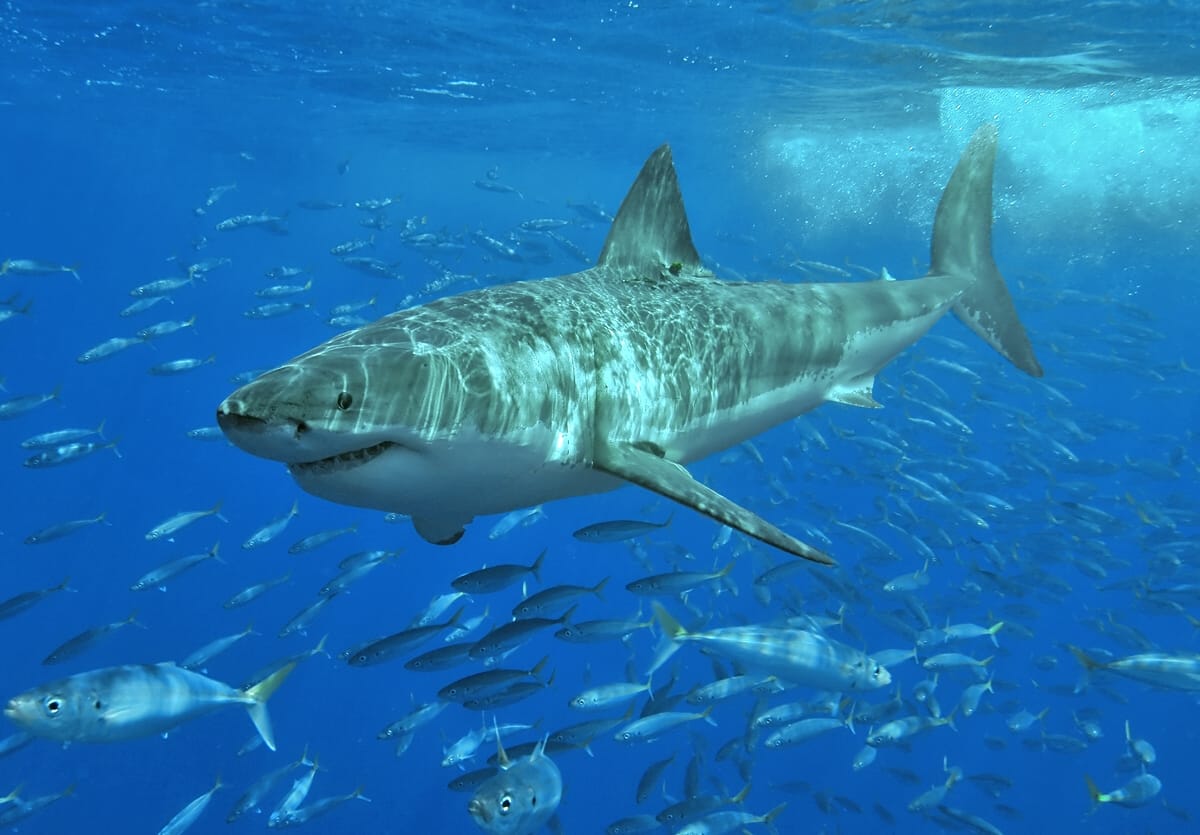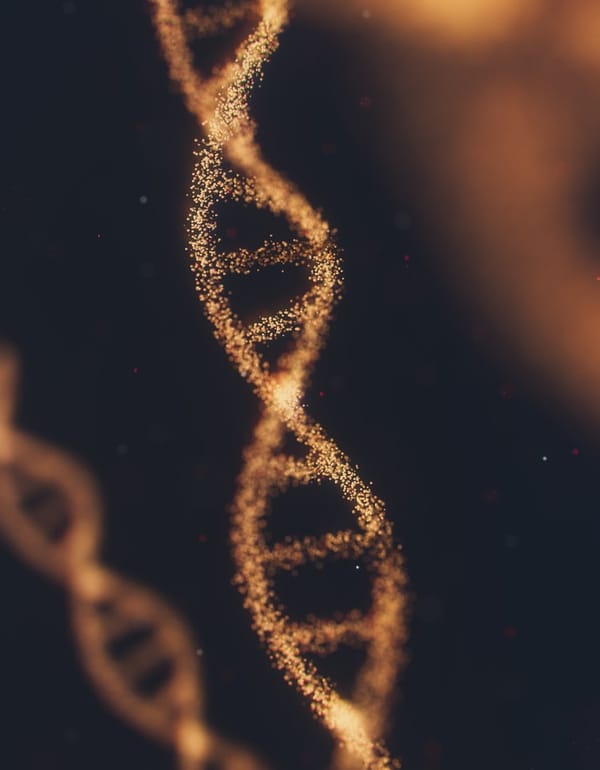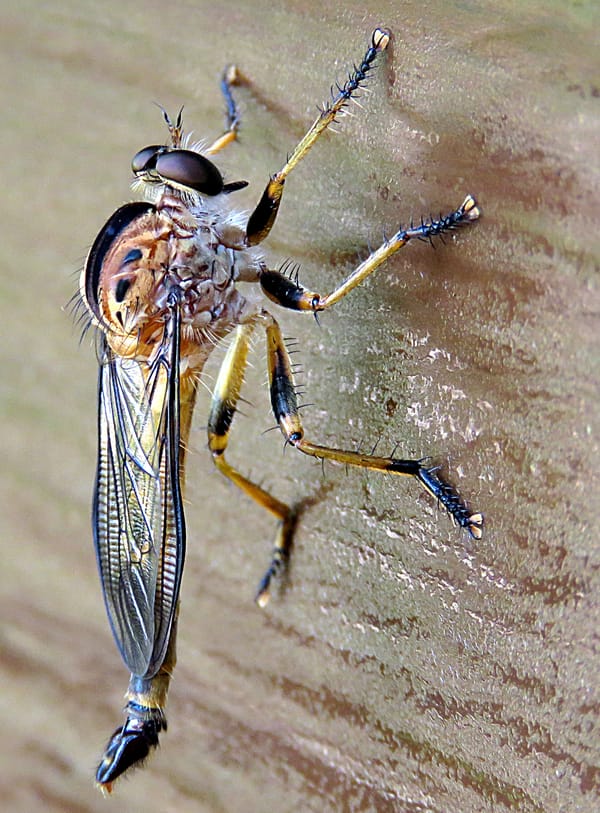Oceans and medicines could die with sharks
Sharks are fascinating creatures that have been living on Earth since before the dinosaurs, thanks to their mighty mouths AND mighty immune systems.

Sharks are fascinating creatures that have been living on Earth since before the dinosaurs, thanks to their mighty mouths AND mighty immune systems. At present, they are heavily overfished for their cartilaginous fins which are falsely believed to have healing properties. Recent studies on sharks’ immune system and genome show potential in developing novel antivirals – we don’t want these to die alongside these majestic creatures.
Sharks are certainly one of the most fascinating creatures to have ever existed. They have been living on Earth for around 450 million years, since before the dinosaurs. Now these impressive animals are in danger due to the destruction of their habitats and overfishing. Not only do sharks play an important role in balancing marine populations, but their ancient immune system can help us to develop novel antivirals and more.
The book Sharks Don’t Get Cancer, published in 1992 by William Lane, claims that consuming shark cartilages can cure cancer of affected patients. This argument arose because the skeleton and some body parts like the fins are made of cartilage. This type of tissue does not have blood vessels due to chemical compounds that inhibit their formation. This is key because cancerous cells can form new blood vessels which connect with the main bloodstream to feed on its nutrients and oxygen, growing bigger and stronger. Many companies in Western countries started selling nutritional supplements with shark cartilages at very high prices and some patients with cancer even quit conventional cancer treatments to exclusively rely on shark cartilages.
In parts of China, Taiwan and Southeast Asia, shark fins have been considered a delicacy affordable for the privileged class for centuries. Emperors drank shark fin soups frequently in attempts to extend their lifespans. Currently, with the growth of the middle class in China, more and more people can afford the valuable shark fins, causing demand to skyrocket, and leading to the fishing of more sharks than ever before. Unfortunately for these people, scientific research shows that consuming shark meat is not beneficial, but indeed prejudicial for the health. Shark meat contains high concentrations of mercury, a toxic metal, and most of its proteins are too big for our intestine to absorb properly. Additionally, sharks do get cancer. Some specimens of white sharks with visible tumours have been observed in the wild.

Overfishing is putting sharks on the brink of extinction. Estimates indicate that 100 million sharks are killed annually. Around one-sixth of shark species are in danger of extinction. The disappearance of sharks from marine ecosystems would be catastrophic. These majestic animals act as a regulator of fish populations, preventing population overgrowth and guaranteeing a fair distribution of resources among them. Sharks also prevent the spread of diseases by eating first the weak and ill fish as these are easier to hunt. CO2 increases the acidity of the water, which is noxious for corals. It has been proven that coral reefs rich with many sharks are much healthier and with greater biodiversity. The reason is that sharks reduce the number of small organisms, which emit most of the CO2 found in the water due to their abundance and high metabolic rate. In a nutshell, by killing sharks, we are damaging our oceans and futhermore, ourselves.
Scientists sequenced the entire genome of the Great white shark in 2019, which can be extrapolated to sharks in general. It has revealed that the genome of the great white is 1.5 times bigger than the human one and is extremely unstable. This could cause harmful mutations that lead to cancer, but the research has also found that the great white accounts for this with a sophisticated gene repairing machine more advanced than the human one. Scientists have also found some unique genes that may boost the immune system of sharks that could explain their incredible wound healing and viral resistance characteristics, although more research is required. A deep understanding of the genome and immunology of sharks might allow us to develop novel therapies in a broad realm of diseases.
However, this is not the first time that studying sharks has provided such results. Back in 1993, Dr Michael Zasloff discovered squalamine in dogfish sharks. Squalamine is a broad-spectrum antiviral because it does not target viruses. Instead, squalamine binds to the cell membrane and blocks viral proteins from attaching to the cell, so that viruses cannot enter and infect the cell. Dr Zasloff noticed that no other chemical in nature has similar properties. Additionally, squalamine inhibits blood vessels formation. This property prompted the launch of research to study the potential application of squalamine to treat cancer. It is important to clarify that no sharks need to be killed to harvest squalamine. This chemical compound is synthesised artificially from soybean steroids.
Sharks are essential for the health of our oceans, but we are wiping them out on the basis of false pseudo-scientific claims and traditional superstitions. Meanwhile, we are not giving enough attention to the good that sharks could do to find new drugs to cure serious diseases.









